The Energy Iceberg Part 1
-
INTRODUCTION
Optimize for Energy -
WHAT IT FEELS LIKE TO BE STUCKWaiting to Be Saved
-
The Power of a "Want"
-
Activity - Identify Something Out of Reach1 Activity
-
ASSESS WHY YOU'RE STUCKLosing Energy
-
Activity - Assess Why You're Stuck1 Activity
-
RESOLVE TO GET UNSTUCKQuicksand
-
Activity - Assess Who Can Help1 Activity
-
TIME MANAGEMENT HASN'T GOTTEN RESULTSLimits to Time Management
-
Activity - Balancing Time, Talent, and Energy1 Activity
-
INCREASING TALENT HASN'T GOTTEN RESULTSThe Limits to Talent
-
Activity - Finding the Energy to Learn1 Activity
-
CONCLUSIONBelow the Waterline
The Limits to Talent
Talent is an essential ingredient in productivity. Many have the desire to gain more knowledge and develop new skills. The challenge is changing this desire to grow our talents into an action.
As Michael Nicholson was putting the final touches on his thesis paper for his graduate degree in criminal justice, it didn’t bother him that none of the professors reviewing his paper sided with his assessment of the shooter on the grassy knoll in the Kennedy assassination.
He explained, “I made a convincing case, a case they couldn’t disagree with.” His paper was accepted, and Nicholson graduated.
Nicholson was a good student. He’d always been a good student. And not only had he always been a good student, he had always been a student… as in he had spent fifty-five years in college earning thirty degrees, including twenty-three masters degrees, three specialist degrees, and one doctorate.
For him, college was more than just a stepping stone to a job, he said, “That’s the purpose of college, after all—to get a job, of course, but also to broaden your horizons, expand your view of the world.”
Learning is important to us, no matter if our goal is to earn thirty degrees, earn thirty billion dollars, or serve one person in poverty.
Regardless of whether we learn best in school, on our own, through books, through conferences, in the school of hard knocks, online, through observation, or through asking questions, learning is important. Lifelong learning is important.
To have impact, we need to know stuff. Most CEOs intuitively understand this. According to executive coach Jim Kwik, “Most CEOs read a book a week.”
But to really make an impact, we need to not just learn stuff, we need to DO stuff. This takes engagement and energy to apply the knowledge we’ve gained and the talents we’ve acquired. When our energy for work is high, the talent we’ve developed leads to performance and progress and achievement.
But for many of us, our talents and knowledge lies latent without the upward force of energy to compel us into action.
We certainly need to develop and leverage talents. But we also need the accompanying power of energy to get the value from the talent and knowledge we’ve gained.

